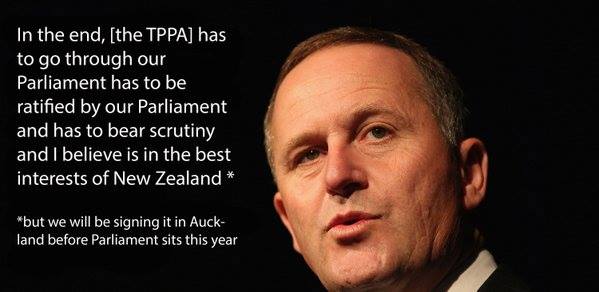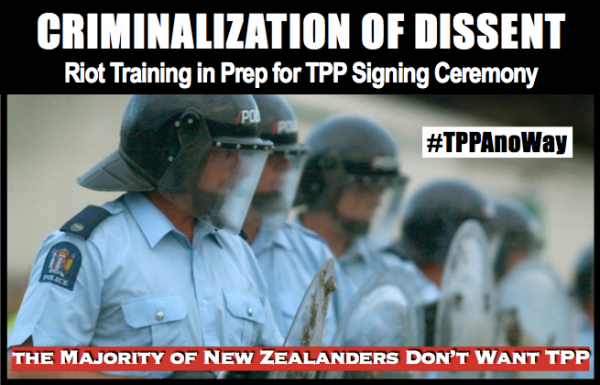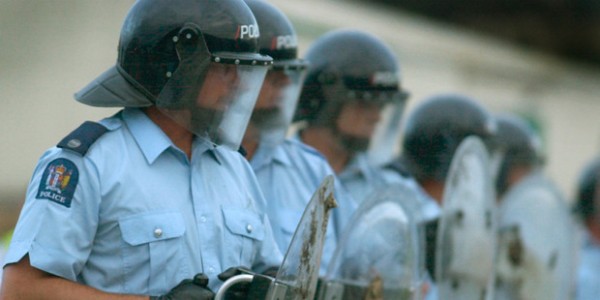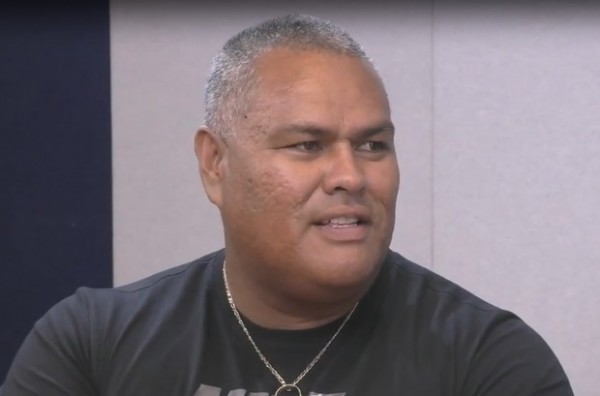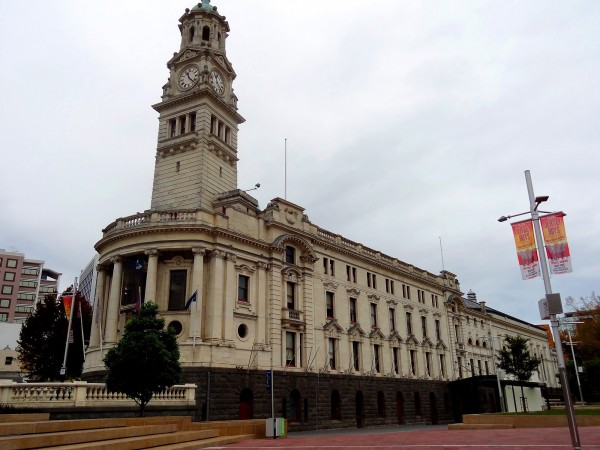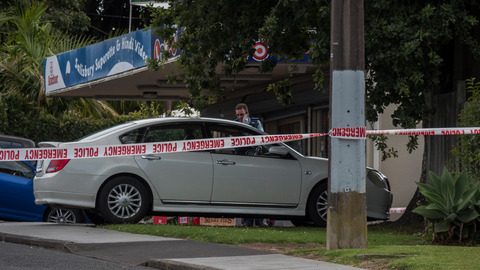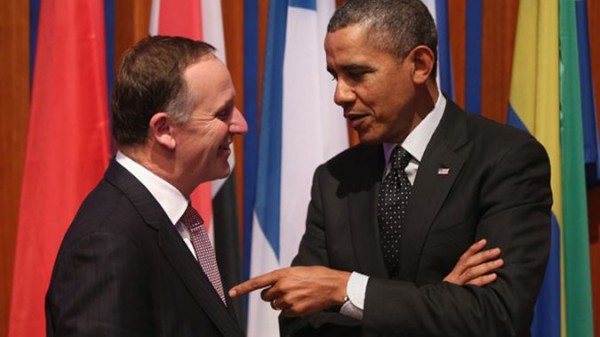
Today, I used the online submissions facility on the Parliament website to send some brief thoughts to the Social Services Committee, who are reviewing the proposed amendments to the Residential Tenancies Act. The guts of my arguments is that defining what is a “decent house” for rental purposes, and putting it into the Tenancies Act as a set of enforceable basic standards (in other words a “WOF” for rental houses) would be a win-win for everyone in the country, including responsible landlords.
Since I began renting in 1995, average rents have doubled in most parts of the country, and tripled in the most in-demand areas of Tamaki Makaurau, Te Whanganui-a-Tara, and so on. This has been accompanied by massive increases in the cost of electricity, telecommunications, water charges in some areas, and other costs associated with running a modern household. Wages and salaries at the income levels most often earned by renters have not kept up with this inflation of the cost of living, and benefits have barely been raised at all over this time. Many people are paying half their income, or more, in rent, which combined with these other costs, and increased working hours, leaves them with few options to improve substandard rental houses for themselves.
Over my years of renting, I have dealt with many responsible landlords, and property managers, who go to the extra effort to keep their rental properties in good order, to make sure they are warm and dry, and to treat their tenants as equals, as fellow citizens, equally deserving of respect and a decent home. But I have also dealt with property owners who can only be accurately described as “slumlords”, who do the absolute minimum to keep houses from actually falling down, charge outrageous rents, intimidate tenants, steal bonds, and generally give landlords a bad name. These slumlords have lower costs than the good landlords, and therefore higher returns, creating a perverse incentive that gives more economic reward, the more irresponsible the management.
In an economy where many people are renting because they can’t afford to buy, not because it’s what they prefer, there is no “balance between the needs of tenants for a decent home and landlords to manage their properties effectively”. If landlords are charging people rent, and not providing a decent home, they are, by definition, not managing their properties effectively. The reality of renting out a home is that you are enlisting someone else’s earnings to pay your own mortgage. This is a privilege, not a fundamental right, and landlords who abuse that privilege should face proportional consequences under the law.
Renters should not have to live as second-class citizens, in substandard housing. Good landlords should not be financially penalized for doing the right thing. The housing stock should not be allowed to gradually rot away, in a resource-rich country, with plenty of labourers wanting to be gainfully employed. One way to solve all three of these problems is to have strong, mandatory standards for housing built into the Residential Tenancies Act.
This would ensure that rental housing provides decent homes for kiwi households. It would also improve public health, and reduce the amount of public money spent on treating preventable illness caused by poorly maintained housing. It would create a level playing field, where slumlords would be forced to bring their properties up to the standards of the good landlords, and face the same costs, or sell to someone who can. It would create paid employment in the home improvement industry for tradespeople, labourers, and retail workers selling tools and materials This is not about demonizing or punishing landlords, it would be win-win for everyone in the country, responsible landlords included.
Daniel Strypey Bruce is a writer, performer, activist, GNU/Linux user, permaculturist, Occupier, and festival director, based in Ōtepoti/ Dunedin. A student of Māori language and culture, he acknowledges the mana whenua of hapū and iwi in Aotearoa. An early advocate of online activism, he was a founder of Aotearoa.Indymedia.org


